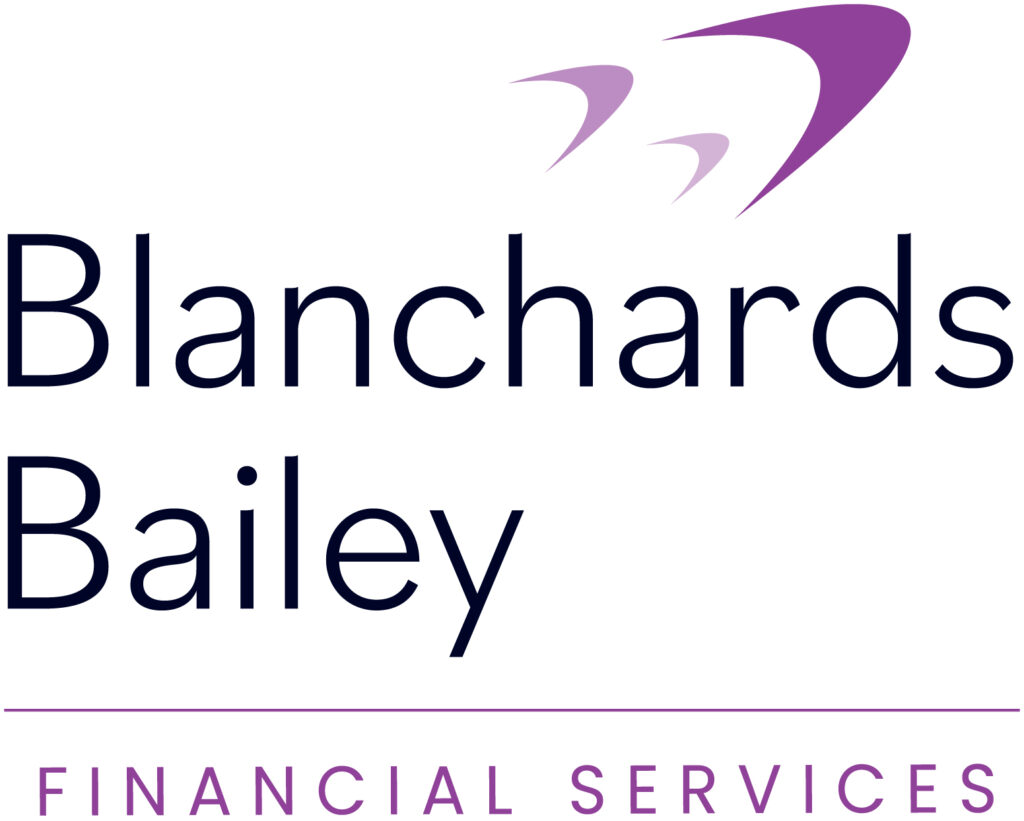
Homing in on the mortgage challenges facing gig workers
| 76% of UK gig workers face mortgage and loan application rejections despite good credit | Traditional credit systems don’t reflect gig workers’ multiple income sources | Expert guidance helps gig workers improve mortgage approval odds by validating diverse income |
Variable income streams. Multiple employers. Seasonal side hustles. This is business as usual for gig economy workers, freelancers and contractors, but for some mortgage providers these factors could be looked at in such a way as to make getting credit more difficult.
As a result, approximately 76% of UK gig workers struggle to obtain approval for financial products, such as loans or mortgages. Even with a good credit score, 74% of gig workers had their applications declined1.
Finances and future dreams on the line
Traditional credit scoring systems are not equipped to assess the different income streams and employment sources that are typical of gig workers. And it’s making it harder for millions of people to plan for their futures and manage their finances. Nearly two-thirds of gig workers had to apply to three or more lenders before securing a credit card or loan, with only 10% achieving success on their first application.
When it comes to mortgages, the impact on people’s lives is even greater. Around 50% of gig workers lost out on a new home after their application was declined by a bank or building society, which can have emotional and practical ramifications.
Put your house in order with expert advice
So how do you secure a mortgage or loan when the system is stacked against you? It’s important to remember that financial institutions often lack the mechanisms to verify the solvency of self-employed individuals accurately.
We can guide you through the process to help you demonstrate non-traditional income streams as part of your application, improving your chances of success. We can also advise you on different lending options and providers suited to your individual circumstances.
1Rollee, 2025
As a mortgage is secured against your home or property, it could be repossessed if you do not keep up mortgage repayments.
